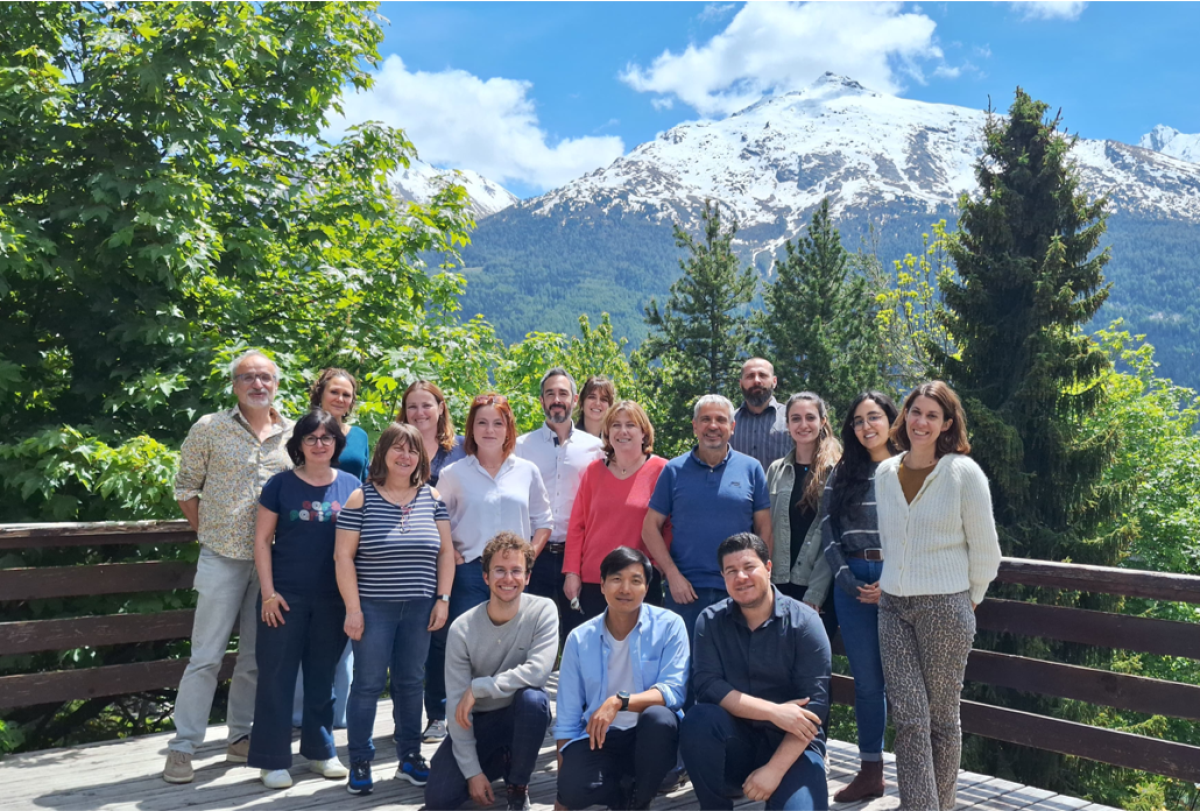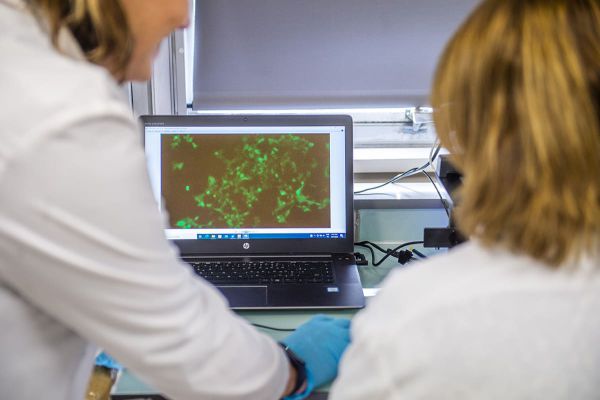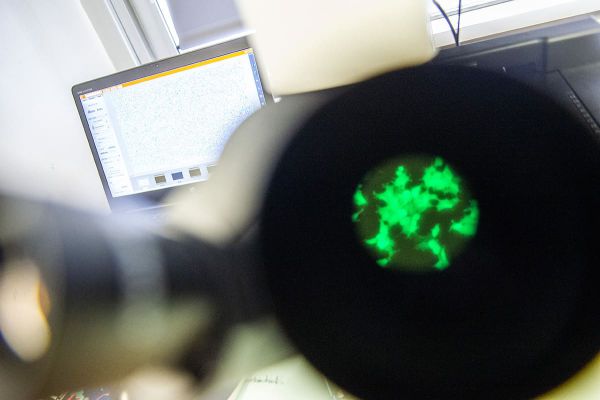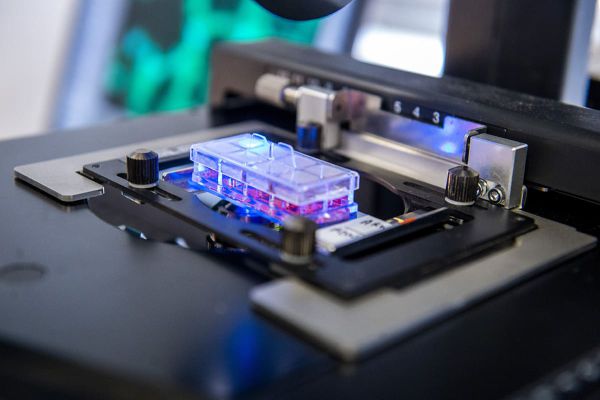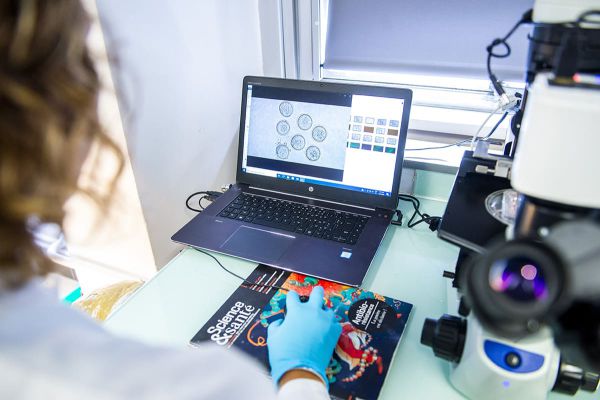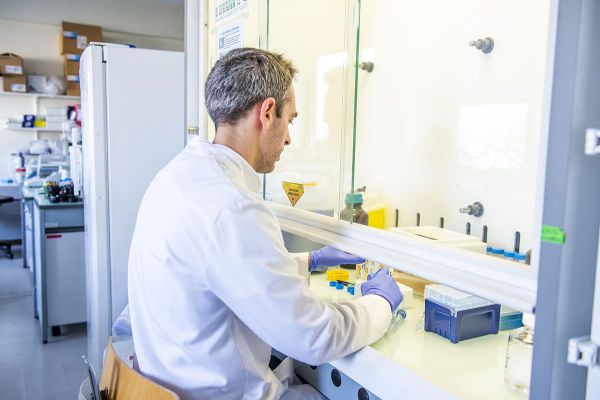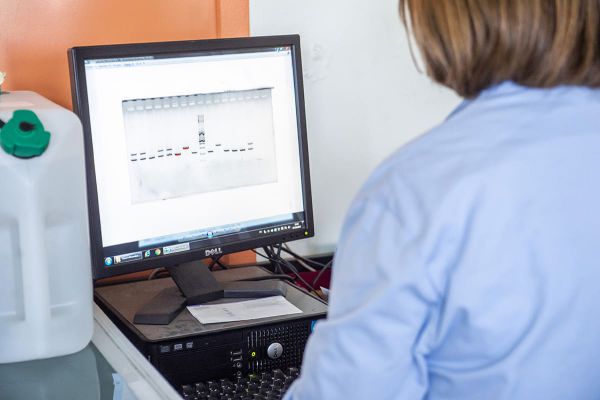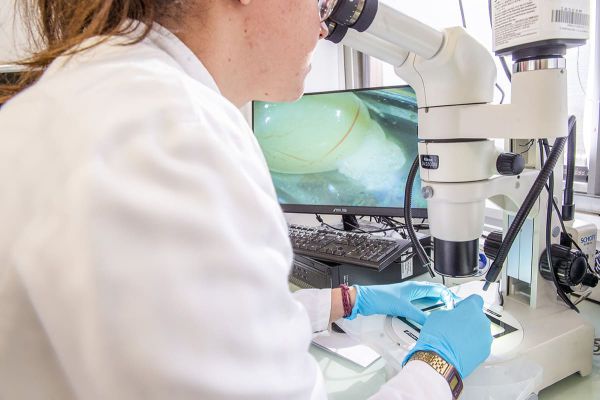Team
Genetic, Epigenetic and therapies of infertility
Dpt: Environnement, Reproduction, Infections, Cancer
Our research activities
Infertility is a common condition and 1 in 7 couples will need medical assistance to procreate. For couples with the most severe phenotypes, their management will require the use of medically assisted reproduction techniques, which are complex and have a significant financial cost. Among these couples, 1 out of 2 will come out of this difficult process without a child, with important consequences in terms of well-being for the couples involved. Two major reasons explain these failures: 1/ our poor understanding of the molecular pathogenesis of many infertilities and 2/ these techniques are only palliative and do not restore the deficient functions of the gametes or the reproductive system of the patients. To address these major problems of infertility, we have developed a research program aimed at:
- characterize the genes involved in male and female infertility
- to understand the cellular role of the identified proteins and thus to discover new actors of gametogenesis. This also allows us to characterize the molecular pathogenesis of infertility.
- propose improvements to assisted reproductive technologies or alternative therapies in the field of male infertility, taking into account our discoveries on the causes of infertility.
Our research axes
This work is based on a multicenter cohort of patients (Grenoble Alpes University Hospital) whose exome sequencing has been carried out progressively over the last 10 years (~1,200 exomes currently available). In recent years, we have focused on several infertility phenotypes, such as: 1)multiple morphological abnormalities of the flagellum (MMAF), 2) non-obstructive azoospermia (NOA), 3) fertilization failures, and 4) oocyte maturation arrest.
The objective of this part of the research program is to characterize the localization, identify molecular partners, and establish the function of the proteins under investigation. This work relies on the creation of specific tools (antibodies, KI/KO mice, transgenic mice with labeled (fluorescent) proteins) and aims to improve our understanding of gametogenesis by characterizing new molecular players and new signaling pathways, as well as improving our knowledge of molecular pathogenesis.
Despite remarkable advances in infertility treatment over the past few decades, 1 in 2 couples still fail to conceive. Our goal is to develop new treatment strategies for these couples or improve current techniques. Identifying the genetic causes of male infertility allows us to evaluate a new approach to infertility treatment based on restoring the protein deficient in gametogenesis and to develop protocols for personalized medicine using mRNA and lipid nanoparticle (LNP) technologies.
Our major publications
See all publicationsOur activities in pictures
Our collaborations
- Sege Nef Unige, Genève, Switzerland - Generation of models to study gametogenesis
- Rafael Fissore Umass, Mass, USA - Study of oocyte activation
- Rahouda Zouari Clinique des Jasmins, Tunisia - Patient’s recruitment
- Amir Aminiri Royan institute, Iran - Patient’s recruitment and molecular biology
- Feng Zhang Fudan University, Shanghai, China - Genetics of MMAF patients Generation of animal models
- Nicolas Tierry-Mieg CNRS, TIMC, University of Grenoble - Analyses of genome wide data
- Gérard Lambeau CNRS, IPMC, University of Sophia - Antipolis. Role of sPLA2 in embryonic development
- Mélanie Bonhivers CNRS, Bordeaux - Trypanosoma models for MMAF
- Michael Mitchell Aix-Marseille University - Genetics of azoospermia
- Chiara Piavolo, Univ. Grenoble Alpes, CEA, LETI, DTBS, 38000, Grenoble, France - Development of holographic microscopy
- Aminata Touré IAB - Characterization of genes involved in flagellum defects
- Saadi Khochbin IAB - Epigenetic of sperm
- Frank Tüttelmann, Centre of Medical Genetics - Münster, Germany.
- Claire Monge, Laboratory of Tissue Biology and Therapeutic Engineering, Lyon, France. LNP Production.
- Philippe Robert, Guerbet-France
- Dr Olivier Carion, IMV technologies, L’Aigle, France
- Dr Eric Schmitt, Univers2020, SAINT OUEN SUR ITON, France
Our technologies
- Technique de procréation médicalement assistée (CASA, IVF, ICSI et IUU)
- Biologie moléculaire et séquençage
- Biochimie
- Video microscopy
- Lipid nanoparticle (LNP)
